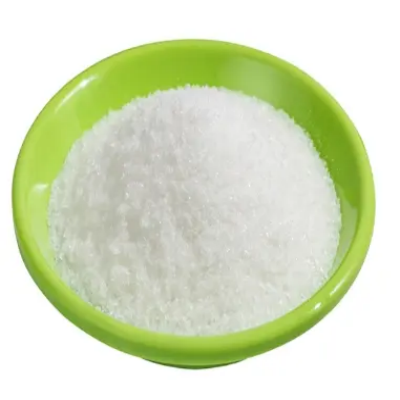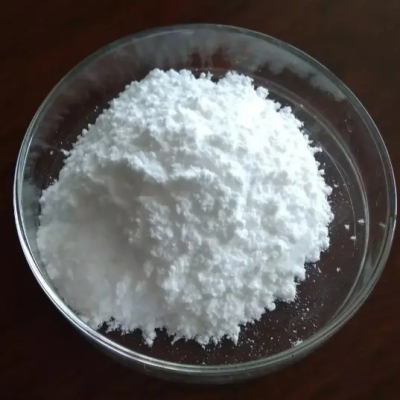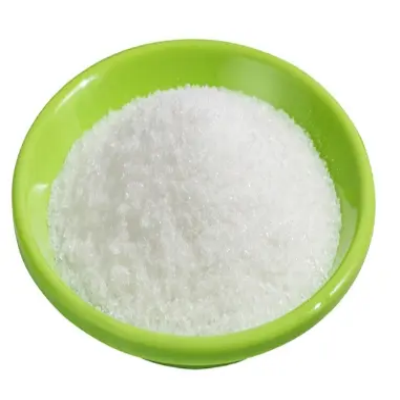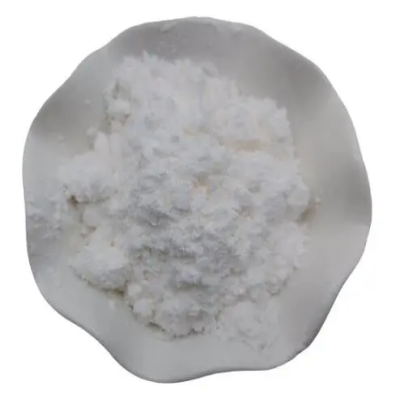Colistin sodium methanesulfonate from bacillus colistinus CAS:8068-28-8
Colistin sodium methanesulfonate is primarily employed in the management of serious bacterial infections caused by gram-negative bacteria, particularly strains that are resistant to multiple classes of antibiotics. It is commonly used in cases of hospital-acquired pneumonia, ventilator-associated pneumonia, sepsis, and urinary tract infections when caused by multidrug-resistant pathogens such as Pseudomonas aeruginosa, Acinetobacter baumannii, and Klebsiella pneumoniae. Proper dosing and administration of colistin sodium methanesulfonate are crucial for achieving optimal therapeutic outcomes. Due to its potential for nephrotoxicity and neurotoxicity, close monitoring of renal function and neurological status is essential during treatment. Dosage adjustments may be necessary based on kidney function and individual patient factors. Before using colistin sodium methanesulfonate, healthcare providers should assess the susceptibility of the infecting organism to ensure appropriate therapy. Adverse effects can include renal impairment, respiratory complications, and allergic reactions, necessitating vigilant monitoring throughout the course of treatment. In summary, colistin sodium methanesulfonate is a critical antibiotic for combating multidrug-resistant gram-negative infections and should be reserved for situations where no alternative options are available. Its judicious use, guided by antimicrobial stewardship principles, is essential to preserve its efficacy and prevent the emergence of further resistance mechanisms.



| Composition | |
| Assay | 99% |
| Appearance | white powder |
| CAS No. | 8068-28-8 |
| Packing | Small and bulk |
| Shelf Life | 2 years |
| Storage | Store in cool and dry area |
| Certification | ISO. |








![5-BROMO-2,3-DIHYDROTHIENO[3,4-B][1,4]DIOXINE CAS:302554-82-1](https://cdn.globalso.com/xindaobiotech/CMGYQWFMYMAW61CV3X4.png)
